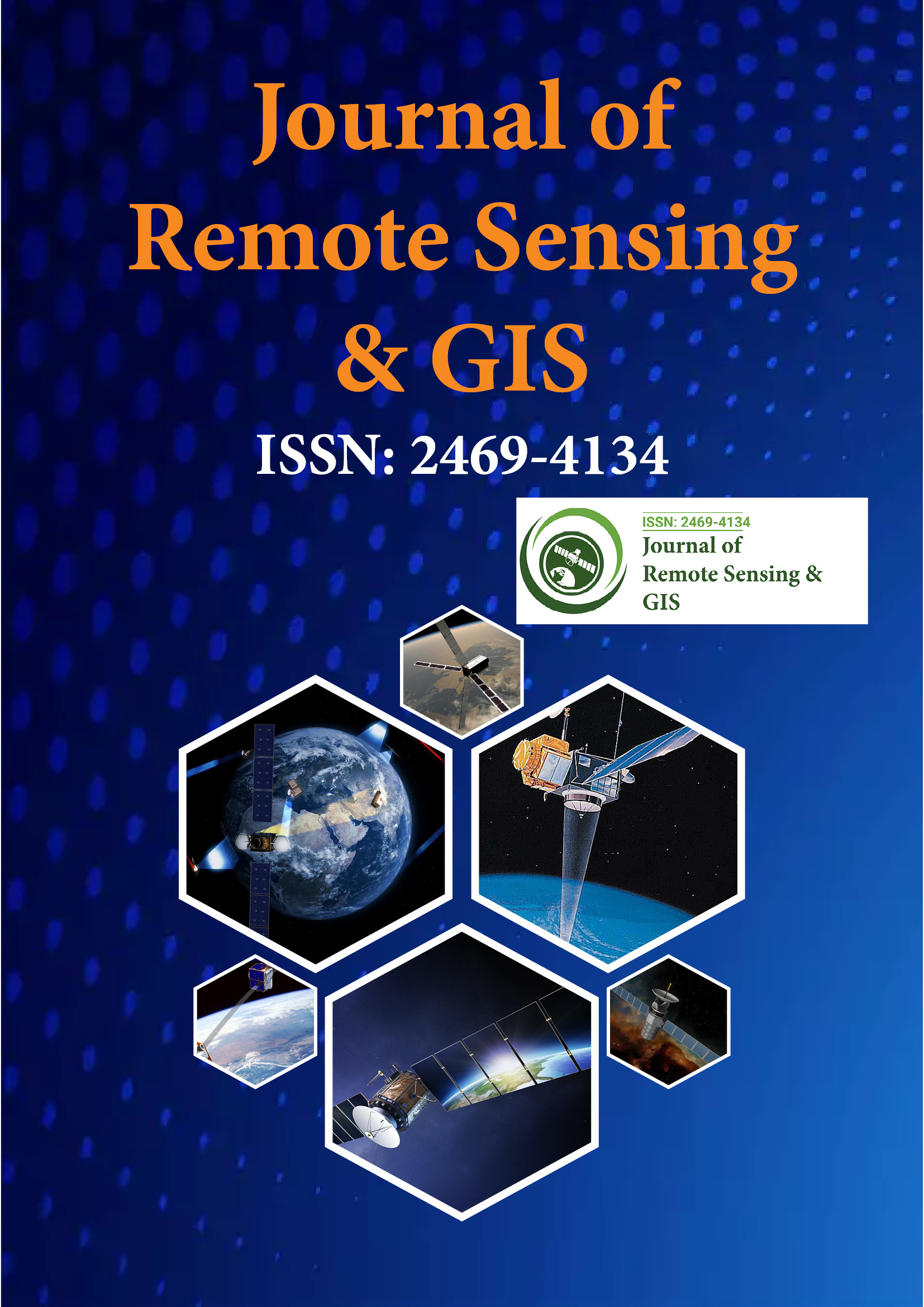Indexé dans
- Ouvrir la porte J
- RechercheRef
- Université Hamdard
- EBSCO AZ
- OCLC - WorldCat
- Publions
- Indexation scientifique internationale
- Pub européen
- Google Scholar
Liens utiles
Partager cette page
Dépliant de journal

Revues en libre accès
- Agriculture et aquaculture
- Alimentation et nutrition
- Biochimie
- Bioinformatique et biologie des systèmes
- Business & Management
- Chimie
- Génétique et biologie moléculaire
- Immunologie & Microbiologie
- Ingénierie
- La science des matériaux
- Neurosciences & Psychologie
- Science générale
- Sciences cliniques
- Sciences environnementales
- Sciences médicales
- Sciences pharmaceutiques
- Sciences vétérinaires
- Soins infirmiers et soins de santé
Abstrait
Étude de l'impact de la croissance urbaine sur la perte de surface des plans d'eau dans la ville de Khulna à l'aide de techniques SIG
MD Marufuzzaman*, Mme Mahbuba Khanam et MD Kamrul Hasan
Français Les masses d'eau de surface assurent la durabilité environnementale, la beauté naturelle et l'équilibre des températures dans la zone urbaine. De nos jours, les masses d'eau de surface sont comblées pour répondre à l'urbanisation rapide. L'objectif de cette étude est de découvrir l'emplacement et la quantité de surface de masse d'eau de surface comblée dans la municipalité de Khulna (KCC) au cours des vingt dernières années (1998-2018). L'analyse d'images satellite par le système d'information géographique (SIG) fournit des résultats beaucoup plus précis sur l'évolution de la couverture terrestre de n'importe quelle zone. À cet égard, la méthode de classification d'images supervisée de la technologie SIG a été appliquée dans cette étude sur l'image satellite Landsat pour identifier l'emplacement et la quantité de surface de masse d'eau de surface comblée. Selon les résultats, il y a eu un changement important de la couverture terrestre au cours des vingt dernières années dans la zone de la ville de Khulna et une quantité considérable de surface de masse d'eau de surface a été remplacée par l'espace urbain bâti. Français Les résultats montrent qu'en 1998, la superficie totale des masses d'eau de surface et des zones bâties était de 7,4502 et 20,214 kilomètres carrés, mais en 2018, la zone bâtie s'étendait sur 25,6815 kilomètres carrés, ce qui réduit considérablement la superficie des masses d'eau de surface à 5,9598 kilomètres carrés. Les résultats montrent également que la conversion des masses d'eau de surface en zones urbaines bâties au cours de la période de 1998 à 2008 et de 2008 à 2018 est passée de 0,7038 à 1,2132 kilomètres carrés. La superficie des masses d'eau de surface préserve non seulement la biodiversité, mais retient également une quantité excessive d'eau pendant les saisons des pluies. Sans une gestion appropriée de la superficie des masses d'eau de surface, la ville de Khulna pourrait être confrontée à de fréquentes inondations urbaines pendant les saisons des pluies, ce qui pourrait accroître les souffrances des populations urbaines.